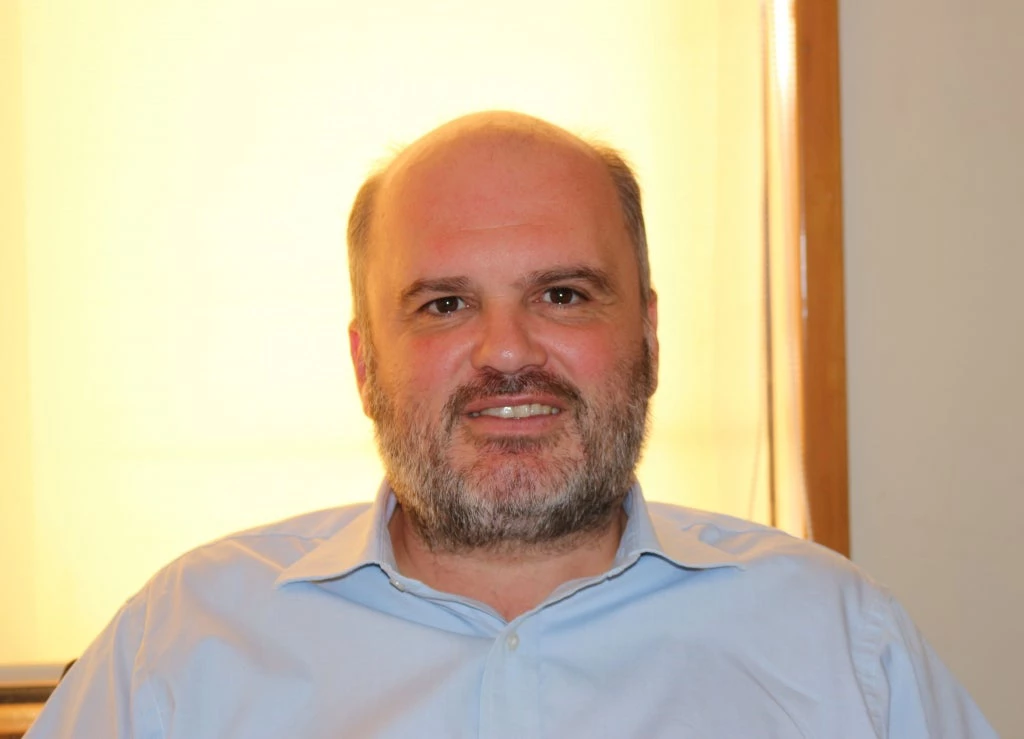 Nepal’s Fewa Lake
Nepal’s Fewa Lake
On 29 April 2018, Nepal’s Supreme Court issued a landmark order to remove buildings and business establishments that had encroached upon Fewa Lake, part of the Lake Cluster of Pokhara Valley which is an important Ramsar (wetland) Site. This victory for the people of Pokhara was partly due to the findings of the audit report published in 2017 by the Office of the Auditor General (OAG) which had also involved local citizens and civil society in its performance audit process.
Nepal’s Fewa Lake is a beautiful place, offering both spiritual reflection and active recreation. Snowcapped peaks are reflected off the surface of its water. This popular attraction features a Hindu temple on an island in the center of the lake, restaurants and shops, and watersports. It is located in the Pokhara Valley, near the Annapurna mountain range and conservation area.
Although legally protected from overexploitation and misuse, this natural beauty is threatened by haphazard development and environmental degradation. As is all too often the case, this threat is enabled by corruption and vested interests—a key obstacle for development. With the help of Nepal’s Office of the Auditor General (OAG), local citizens are taking back control and enforcing rule of law to defend this important public resource and driver of economic activity.
The Office of the Auditor General is an independent, constitutional body which is mandated to carry out an audit of all government offices and organizations. World Bank governance projects often support external auditors of governments, generically called Supreme Audit Institutions, to improve transparency and accountability—important elements of trust between governments and citizens. Nepal’s OAG regularly conducts performance audits in addition to financial and regulatory audits.
Since 2016, OAG has pioneered an assessment model that relies on citizens to participate in audits. While the auditors lead the process, the involvement of civil society organizations (CSOs) can enhance the scope and quality of the audits. As locals, they know the issues and can perform field surveys better. The CSOs can also be effective in following-up and monitoring the audit observations and can raise awareness on the impact of corruption or inefficiency in an organization.
In 2017, OAG published a report documenting illegal encroachment on public land around Fewa Lake’s shoreline. Changes in the lake’s dam caused water in the lake to recede, uncovering wetlands that are public property and protected by environmental regulation. Over the years, 673 people improperly registered public land under their name, which resulted in the illegal privatization of 860,000 square meters of land. The report cited studies by CSOs showing how these encroachments were having long-term negative effects on the environment. This led to the order of the Supreme Court to remove illegal buildings and businesses.
Citizens, notably through a local NGO called the Community Communication Centre (CCC), were instrumental in gathering and disseminating information and more importantly, in identifying and connecting key stakeholders with the OAG team.
The OAG report was instrumental in educating the public on the circumstances and extent of problems around the lake. The revelation by the press that the order of the Supreme Court had not been implemented 20 months after its issuance led to media coverage and debates about who to hold accountable and what actions to take. This open discourse and monitoring will hopefully lead to strict implementation of the order.
Mr. Ghanashyam Pandey, representative from CCC, told us that it was important for people in Pokhara to be more fully aware of the facts and figures of encroachment and its implication on the life of Fewa lake.
“Bringing together the government high-level study group along with all concerned stakeholders, CSOs and authorities in Pokhara by the OAG Team shed light on the facts and figures and possible mitigations,” he said. “It was also covered by the local media; it played a crucial role in sensitizing local community members who joined the cause of protecting such a cultural heritage site to protect tourism in the region and Pokhara valley.” Mr. Pandey expressed optimism the media campaign and the report are leading to a reduction of encroachment.
The Fewa Lake encroachment case exemplifies how strong constitutional accountability institutions like the OAG can bring together various stakeholders, including local actors to shed light on important issues for their communities and provide solutions with the help of the media.
The World Bank has been supporting the OAG under a multi-donor trust fund to enhance the quality and impact of public external audits and to strengthen public financial management in Nepal.



Join the Conversation